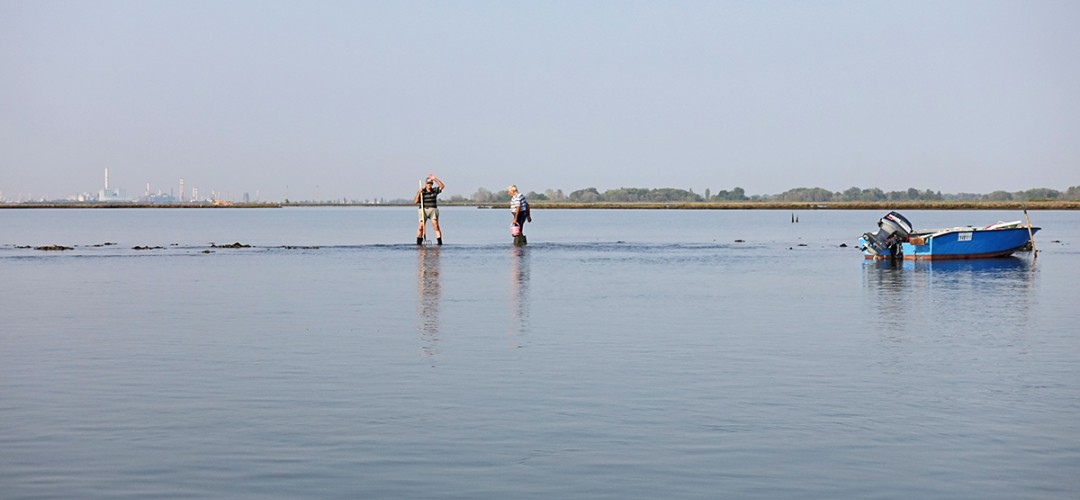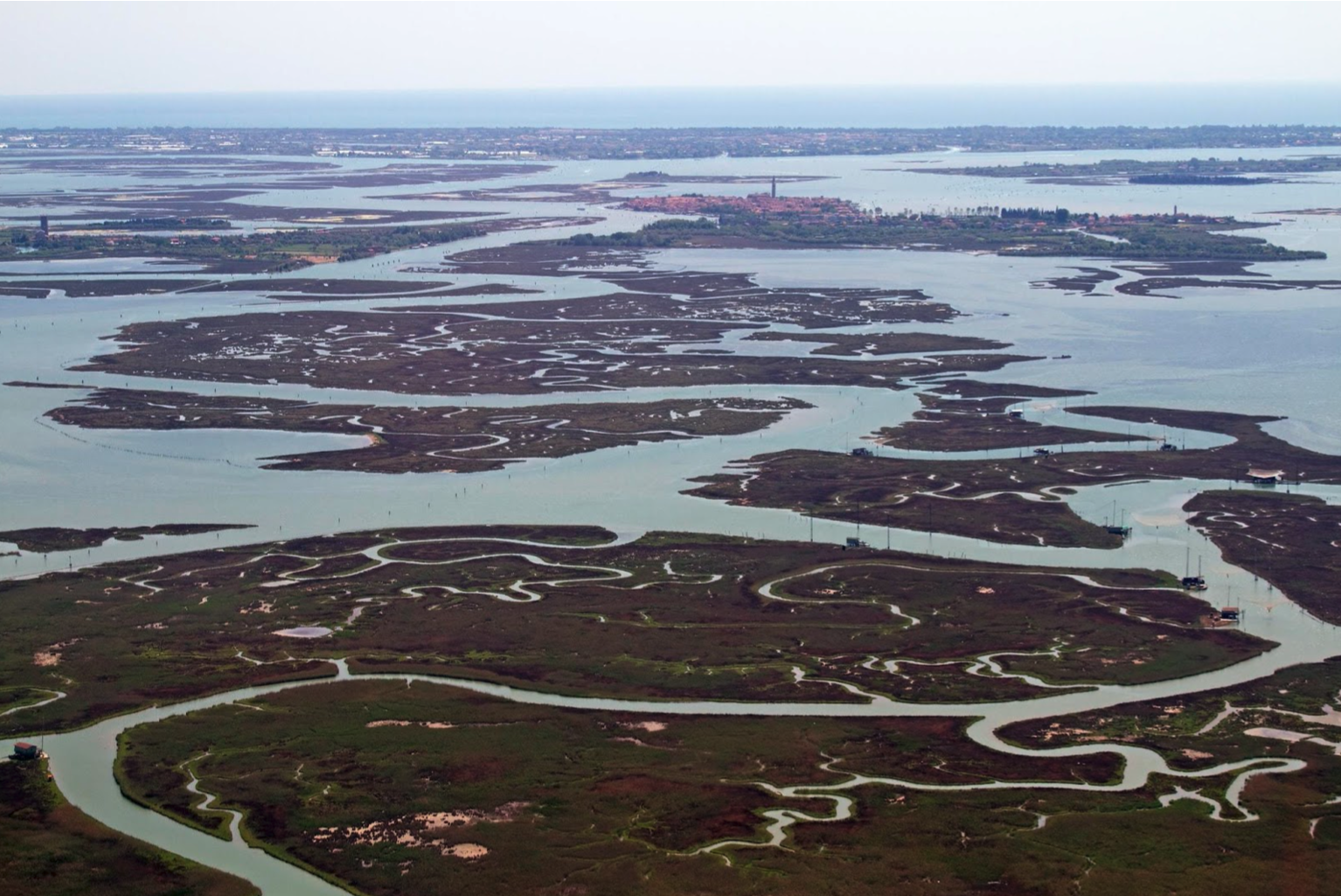Reversing the human impacts on biodiversity by properly valuing nature
Reversing the human impacts

Natural habitats, biodiversity and ecosystem functioning are being lost at rates never before seen in human history because we don’t properly see the value of nature in our cultural, social and economic systems, both in terms of choices and through actions. This is the central issue emerging from the latest Intergovernmental Science-Policy Platform on Biodiversity and Ecosystem Services (IPBES)’s Assessment Report on The Diverse Values and Valuation of Nature (July 2022), prepared by 82 leading scientists and knowledge holders from different regions. It provides fundamental guidance to navigate pathways in decision-making for reconciling quality of life with that of nature while advancing sustainable development worldwide.
The current valuations that inform decision making - as intentional processes in which agreed upon methods are applied to make visible the diverse values that people hold for nature - are predominantly focused on short-term profit and economic growth based on indicators like GDP. This is negatively impacting people’s wellbeing also with persistent inequalities between and within minorities and countries. One important reason is that they overlook the non-market values associated with nature’s value to people, including the functions, structure and ecosystem processes upon which life depends.
In response to this deficiency, natural capital accounting methods are being introduced in national accounts to include the value of our coastlines, wetlands and forests as common assets that need to be monitored and managed with the same attention as conventional capital assets. A positive correlation between a country's state of economic wealth and the state of its natural habitats has increasingly been established.
The link between nature’s role in human well-being needs to be better highlighted.
People think about and feel nature in multiple and often complementary ways: living from, with, in and as nature. These different ways of relating to nature reflect people’s different worldviews and a comprehensive typology of the diverse values of nature must guide decisions that affect nature and human-nature relations.
Yet IPBES researchers found that the way local stakeholders valued nature was only taken into account on 2% of studies. In biodiversity conservation, community involvement that allows for the prioritisation of local values leads to social outcomes being perceived as fairer, often enhancing programme sustainability and consequently social-ecological outcomes.

Nonetheless, holding sustainability-aligned values is necessary but insufficient to ensure pro-environmental behaviour.
In addition to motivation, people also need to possess the capacity and be given opportunities to act.
Considering that Venice often looks like it is accelerating towards the point of no return in terms of social and environmental decadence, the local community often finds itself overwhelmed by urgent issues, less able to implement values-centred concerted actions to achieve shared visions for the future of the city and the lagoon.
The Vital initiative therefore is bringing together community representatives, local and international experts and economic stakeholders associated with activities that impact the lagoon to consider the diverse values of nature in decision-making, helping to highlight a wider diversity of values, while improving the quality and legitimacy of the information available to support decisions affecting nature.
Vital experts have already assessed that the lagoon’s natural capital can be a driver of future economic development and, as such, is comparable with the value of currently dominant economic activities (port and mass tourism).
In line with IPBES’s guidance, rethinking Venice from a natural capital and ecosystem services perspective is not purely a theoretical exercise, but rather a policy tool to reconnect the management of the lagoon and city within a long-term perspective based on sustainability and resilience.
◾